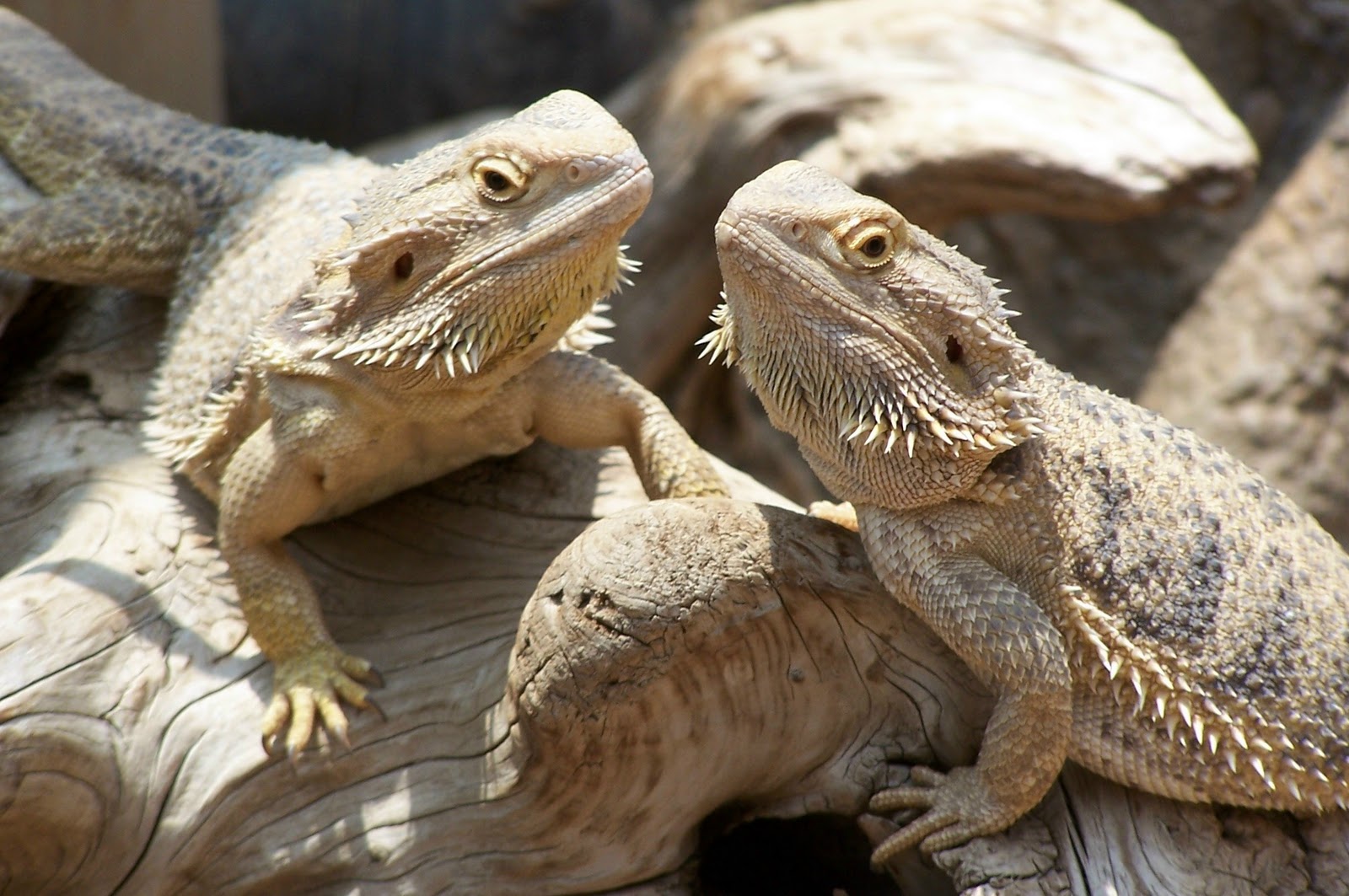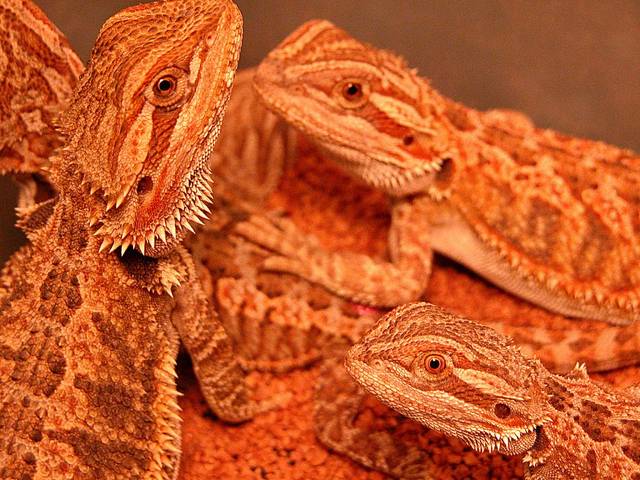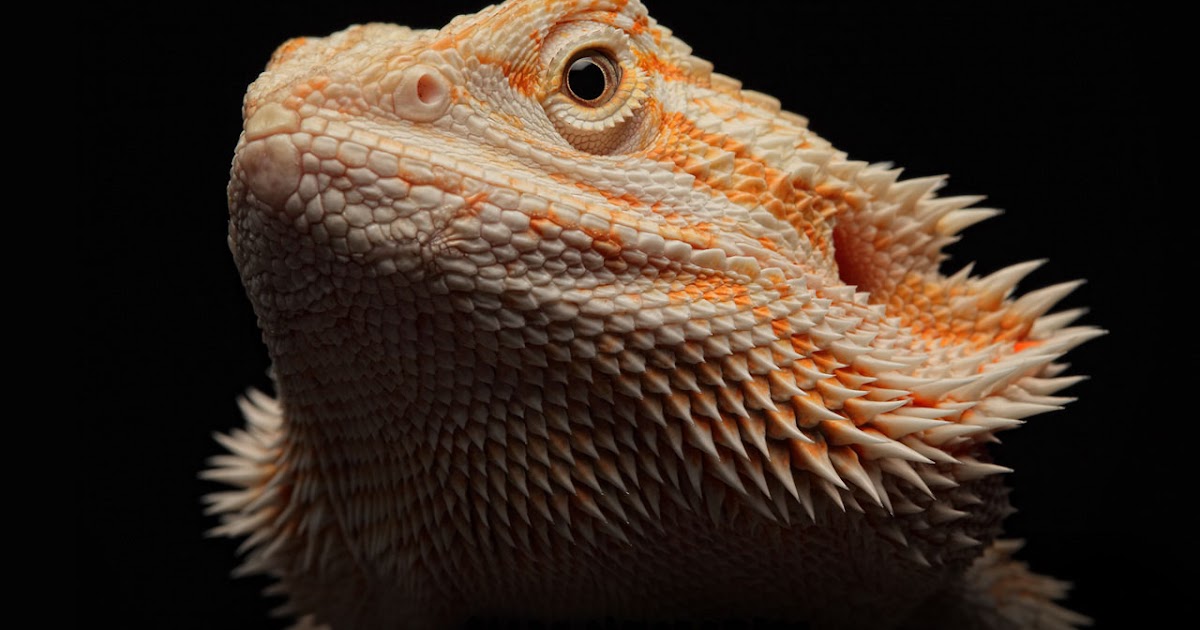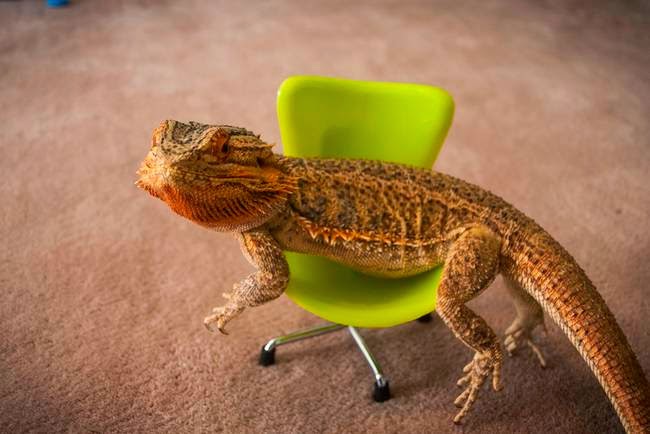The Ultimate Guide to Understanding Your Bearded Dragon's Black Chin
Introduction
Welcome to the world of bearded dragons! If you’re reading this, chances are you’ve recently welcomed a bearded dragon into your home or you’re considering getting one. Bearded dragons are fascinating pets and are relatively easy to take care of. However, as a beginner, you may have questions about their behavior and appearance. In this post, we’ll discuss everything you need to know about your bearded dragon’s black chin.
What is a Bearded Dragon’s Black Chin?
A black chin is a common occurrence in bearded dragons. It refers to the black pigmentation that can appear on the underside of their chin. Not all bearded dragons have a black chin, but most do at some point in their lives. This pigmentation can be caused by a variety of factors. In some cases, it’s a natural occurrence, while in others, it may be an indication of an underlying health problem.
Possible Causes of a Bearded Dragon’s Black Chin
1. Age
As bearded dragons age, they may develop a black chin. This is simply a part of the aging process and nothing to be concerned about. However, it’s important to note that the pigmentation should be uniform and not blotchy or spotty.
2. Stress
Stress is a common cause of a black chin in bearded dragons. This can be caused by a variety of things, including handling, improper temperature and lighting, and a lack of hiding spots. If your bearded dragon is exhibiting other signs of stress such as loss of appetite or behavior changes, it’s important to address the issue as soon as possible.
3. Mating Season
During mating season, male bearded dragons may develop a black chin. This is a natural response to the hormones that they produce. If you notice your male bearded dragon’s chin turning black during mating season, there’s no need to worry. It should return to its normal color once the season has passed.
4. Shedding
Bearded dragons shed their skin regularly, and during the shedding process, they may develop a black chin. This is nothing to be concerned about and should return to its normal color once the shedding process is complete.
When Should You Be Concerned?
In most cases, a bearded dragon’s black chin is nothing to be concerned about. However, if the pigmentation is blotchy or spotty, your bearded dragon may have a health issue. In this case, it’s important to take your bearded dragon to the vet for a check-up. Additionally, if your bearded dragon is exhibiting other signs of illness such as lack of appetite, lethargy, or behavior changes, it’s important to seek veterinary care.
Conclusion
Now that you understand the possible causes of a bearded dragon’s black chin, you can better care for your pet. It’s important to keep an eye on any changes in pigmentation and to seek veterinary care if necessary. Remember that proper temperature and lighting, a healthy diet, and plenty of hiding spots can help reduce stress in your bearded dragon and keep them healthy and happy. And, as always, give your bearded dragon plenty of love and attention!










